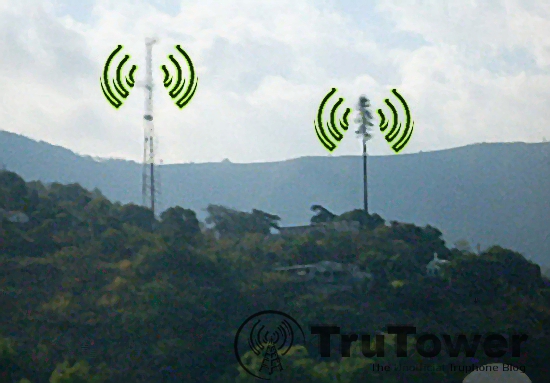Here’s a rumor floating around the grapevine (or in this case, our inbox) regarding Tru purchasing their own spectrum and building out their own wireless network. We can’t stress enough that this is extremely speculative. It’s a rumor with a capital “R.”
Truphone has MVNO agreements with countries in the United Kingdom, the United States, and Australia, with other countries reportedly in the works. An MVNO is a company that piggy backs off other networks to provide wireless services to its customers.
Rumor has it, though, that Tru may be looking into purchasing their own wireless spectrum with which to build their own network on top of their MVNO agreements. This move would certainly give Tru more control over their own costs and, hence, could lower roaming costs for their customers overall.
Still, this move seems farfetched at the moment, especially regarding Tru’s current position and spectrum acquisitions in the United States, which is home to the most competitive wireless landscape in the world and is already suffering a spectrum shortage according to some. Getting in on a spectrum purchase there would be possible, but difficult under the circumstances.
It would be great for Tru to build its own network in many ways though. As mentioned, it could lower their roaming costs, and hence the costs to their customers, and it could allow them to build a structured pricing scheme which would make bundle plans easier to offer (again, lowering roaming costs for customers). It could also allow them to, say, offer 4G services on their own network while depending on MVNO agreements for 2G and 3G roaming.
One problem with Tru acquiring their own spectrum is the probable lack of support for certain phones. The big problem is that the spectrum frequencies supporting many of the current GSM phone offerings are already in use by other companies. If Tru were to purchase spectrum for their own use, this may require them to offer their own phones specifically designed to work on their frequencies.
Of course, this problem is easily side-stepped with their MVNO agreements, which is why I feel 4G would be the way to go if Tru were to purchase their own spectrum. At that point, Tru could offer cheaper 4G plans (and phones) for the customers using their own spectrum while still offering cheap roaming rates for their 2G/3G customers who are using unlocked phones made for the other networks.
This is, of course, assuming Tru would be able to acquire the same spectrum frequencies in multiple countries. As an international network, Tru would face a unique problem with this, a problem that could only be averted by phone manufacturers who would be willing to build compatibility into their phones if Tru were forced to purchase different frequencies.
All in all, when taking into account all the initial problems associated with the possibility of Tru running their own network, it would be easier and safer for them (at least for now) to continue building MVNO agreements, and forgo any spectrum purchases anytime soon.
While it’s obvious that Tru will not be going out to purchase spectrum now, it’s difficult to say what could happen in the future as the mobile landscape continues to evolve into a more international mindset.

